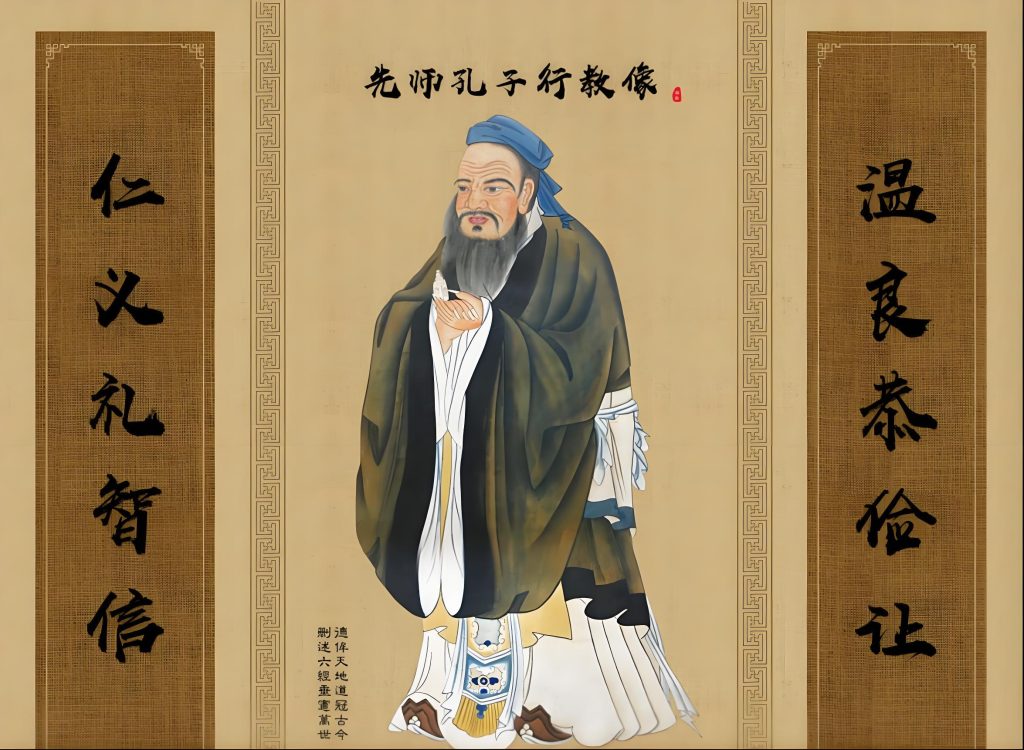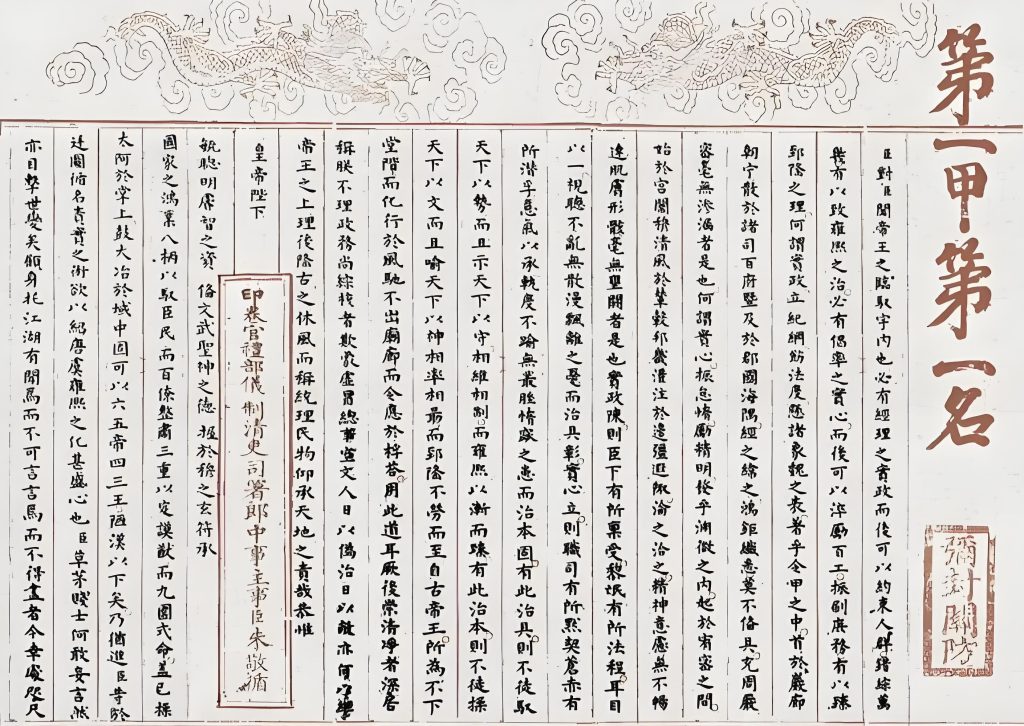
“If Confucius Was Korean, Then Taco Bell Owns Mexico!” — Anatomy of a Cultural Heist
When South Korean influencer Kim Tae-woo posted a TikTok claiming “Confucius’ tomb is actually in Gyeongju,” Chinese netizens retaliated with AI-generated videos of the sage speaking Sichuan dialect and craving hotpot. The meme war spilled onto Quora, where user @HistoryGeek007 joked: “Next they’ll say Socrates learned philosophy from K-pop!”
South Korea’s “evidence” is a masterclass in historical fanfiction:
- Mythology as Fact: Citing the 13th-century Samguk Yusa, they claim Dangun’s 2333 BC kingdom included Shandong — despite China’s verified Xia Dynasty starting in 2070 BC.
- Ritual Appropriation: “We host 2,000+ Confucian rites annually!” boasts Korea’s Confucian Association — ignoring that China’s Qufu ceremonies began in 478 BC.
- Genetic Gymnastics: Linking Confucius to Jizi, a Shang prince who migrated to Korea — a stretch akin to “proving” Shakespeare was Native American through Pocahontas.
China’s counterattack is merciless: Shandong Museum displays a Western Han lacquer mirror inscribed “Master Kong, man of Lu”; Qufu’s 2,560-year ritual records stream live daily; Fudan University’s DNA study reveals Confucius’ descendants carry the O-F254 haplogroup — genetically closer to Siberians than Koreans.
I. Reality Check: When Mythology Meets Science
1. Dangun Myth vs. Carbon Dating
While Korean texts date Dangun to 2333 BC, archaeological evidence tells another story:
- Earliest Korean bronze artifacts: 1000 BC (vs. China’s 2000 BC)
- First written records: 2nd century BC Chinese historical texts
The Bamboo Annals confirm: “King Wu of Zhou enfeoffed Jizi in Korea (108 BC)” — centuries after Confucius’ ancestors settled in Shandong.
2. Ritual Theater’s Irony
Seoul’s Sungkyunkwan University, despite claiming Confucian supremacy, relies on Chinese cultural crutches:
- Ritual texts written in classical Chinese
- Dancers performing Zhou Dynasty-era yì dances
Netizen @DynastyDetective roasted: “This is like Mexico hosting Columbus Day — in Spanish!”
3. DNA Debacle
Korean researchers’ “quantum gene sequencing” remains unpublished. Fudan University’s 2024 study of 238 Confucius descendants revealed:
- Haplogroup: O-F254 (Central Han Chinese)
- Diverged from Koreans’ O-M175 lineage 6,800 years ago
Seoul geneticist Dr. Choi Byung-chul admitted: “This is like finding out kangaroos are closer to humans than Koreans to Confucius.”
II. Cultural Inferiority Complex: Why Korea Needs a “Stolen Sage”
1. Post-Tributary Trauma
After 2,000 years as China’s vassal, Korea suffers what Seoul National University calls “subaltern syndrome”:

- 68% feel “historical subordination damages national pride” (2023 poll)
- Government spent $430 million erasing Chinese characters from public spaces since 2015
Psychologist Dr. Lee Ji-eun explains: “Claiming Confucius is like an adoptee forging birth papers to escape biological parents.”
2. Economic Powerhouse, Cultural Pauper
Despite a $1.7 trillion GDP, Korea’s cultural exports remain dominated by K-pop and skincare. Ministry of Education data shows:
- 72% of youth think “traditional culture isn’t cool”
- 86% can’t name three Analects chapters
Sungkyunkwan President Park Sung-hee confessed: “We need Confucius as our Louis Vuitton — a luxury brand for cultural clout.”
3. Geopolitical Symbolism
Amid U.S.-China tech wars, Korea weaponizes cultural narratives:
- Establishing “East Asian Confucian Centers” to rival China’s Confucius Institutes
- Nominating 35 Chinese-origin traditions (e.g., acupuncture) as UNESCO Korean heritage
Fudan’s Prof. Zhang Weiwei notes: “This is small-state survivalism — claiming cultural territory when losing geopolitical ground.”



